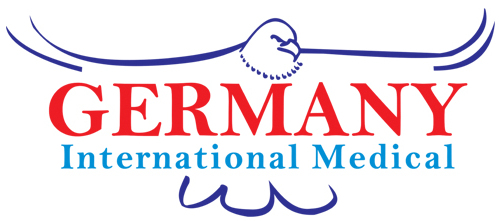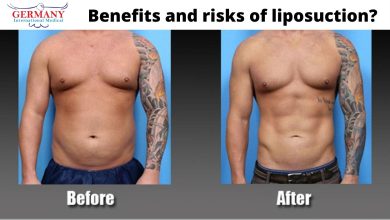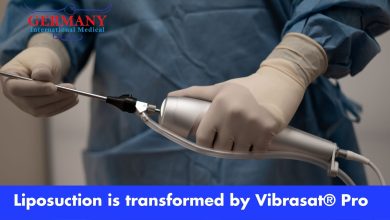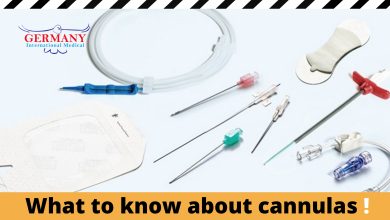What is Liposuction?
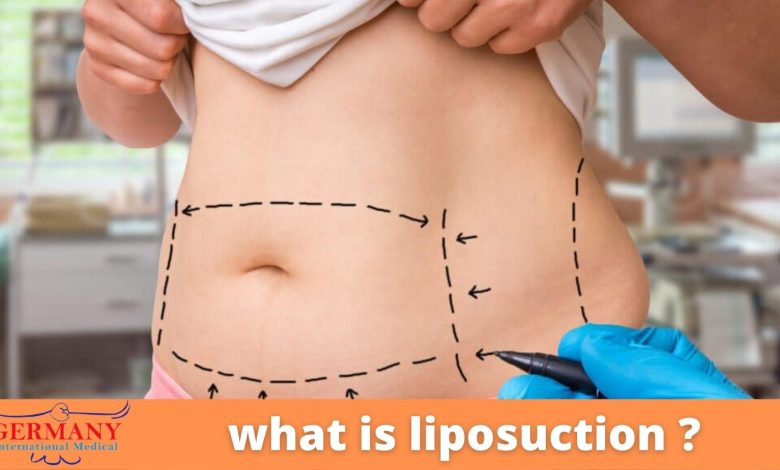
Table of Contents
liposuction is a surgery that uses a suction technique to remove fat from details areas of the body, such as the abdomen, hips, upper legs, butts, arms, or neck.
Liposuction surgery also forms (contours) these areas. Other names for lipo consist of lipoplasty as well as body contouring. Liposuction isn’t normally taken into consideration as a total weight-loss technique or a weight-loss option. If you’re overweight, you’re most likely to shed more weight through a diet regimen as well as exercise or via bariatric procedures– such as stomach coronary bypass– than you would with liposuction. You might be a candidate for liposuction if you have too much body fat in specific places however or else have stable body weight.
Why it’s done
Area under chin that can be treated with liposuction Liposuction under chinOpen pop-up dialog boxes on the abdomen, chest, back, legs and also arms that can be treated with liposuction surgery Lipo therapy areas open pop-up dialog box Liposuction surgery is utilized to eliminate fat from locations of the body that have not reacted to diet plan as well as workout, such as the:
Abdomen Arm Buttocks Calf bones and also ankles Chest as well as back Hips and also thighs Chin as well as neck In addition, liposuction can often be made use of for breast reduction or treatment of gynecomastia.
When you put on weight, fat cells enhance in size as well as quantity. Consequently, lipo reduces the variety of fat cells in a specific area. The amount of fat removed relies on the appearance of the location and the volume of fat. The resulting shape changes are typically permanent– as long as your weight stays steady. After liposuction, the skin molds itself to the brand-new shapes of the dealt with locations. I
f you have good complexion as well as elasticity, the skin is most likely to show up smooth. If your skin is slim with bad elasticity, nonetheless, the skin in the dealt with areas may appear loosened.
Liposuction does not improve cellulite dimpling or various other skin surface area abnormalities. Likewise, liposuction does not eliminate stretch marks. To be a prospect for lipo, you must remain in healthiness without problems that might make complex surgical procedure– such as limited blood circulation, coronary artery condition, diabetic issues or a weak body immune system.
Risks
As with any major surgery, liposuction surgery brings risks, such as bleeding as well as a reaction to anesthesia. Possible difficulties certain to lipo consist of: Shape irregularities. Your skin might appear rough, bumpy or withered because of irregular fat elimination, bad skin elasticity and unusual healing. These modifications may be permanent.
Damages underneath the skin from the slim tube (cannula) that’s made use of throughout lipo might provide the skin an irreversible spotted look. Fluid buildup. Short-term pockets of liquid (seromas) can form under the skin. This fluid may require to be drained pipes with a needle. Pins and needles. You might feel momentary or irreversible feeling numb in the affected area.
Short-term nerve inflammation also is possible. Infection. Skin infections are unusual however feasible. A serious skin infection might be life-threatening. Interior puncture. Hardly ever, a cannula that passes through also deeply may penetrate an inner body organ.
This might call for emergency surgical repair service. Fat blood clot. Pieces of loosened fat may escape as well as end up being trapped in a blood vessel as well as gather in the lungs or take a trip to the brain. A fat blood clot is a clinical emergency situation.
Kidney and heart problems. Shifts in fluid degrees as fluids are being injected and also suctioned out can cause possibly dangerous kidney, heart as well as lung troubles. Lidocaine toxicity.
Lidocaine is an anesthetic often provided with liquids infused throughout liposuction to assist handle discomfort. Although generally risk-free, in unusual circumstances, lidocaine poisoning can happen, causing major heart as well as central nerve system troubles.
The threat of problems raises if the cosmetic surgeon is dealing with bigger surface areas of your body or doing several procedures during the very same operation. Speak with your doctor about just how these threats apply to you.
Food and also medicines
Prior to the procedure, discuss with your specialist what to get out of the surgery. Your surgeon will review your medical history, and also ask about any clinical conditions you might have and any drugs, supplements or natural herbs you might be taking. Your cosmetic surgeon will certainly suggest that you quit taking particular medications, such as blood slimmers or NSAIDs, a minimum of three weeks prior to surgical procedure. You might also need to get specific lab examinations before your treatment.
Various other safety measures If your treatment needs the removal of only a small amount of fat, the surgical treatment might be done in an office setup. If a large quantity of fat will certainly be removed– or if you intend to have other treatments done at the same time– the surgical procedure might take place in a healthcare facility adhered to by an over night keep. In either situation, arrange for somebody to drive you house and also remain with you for at least the opening night after the treatment.
Throughout the treatment
Some liposuction surgery procedures may need just neighborhood or regional anesthetic– anesthetic limited to a specific area of your body. Various other procedures might call for basic anesthetic, which generates a short-lived state of unfamiliarity. You might be offered a sedative, commonly through an IV shot, to aid you remain calm as well as unwinder.
The medical team will certainly check your heart rate, blood pressure as well as blood oxygen degree throughout the treatment. If you are given local anesthesia and really feel pain throughout the procedure, inform your doctor. The medication or movements might need modification. The procedure may last up to a number of hrs, depending on the degree of fat elimination.
If you have actually had general anesthetic, you’ll wake in a healing area. You’ll generally spend at least a couple of hrs in the hospital or clinic so that clinical employees can monitor your recuperation. If you’re in a health center, you may remain overnight to see to it that you’re not dried out or in shock from fluid loss.
